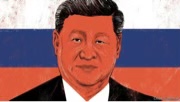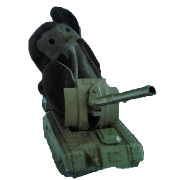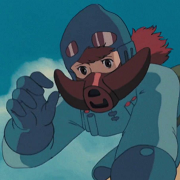|
MikeCrotch posted:One of my favourite nazi economic facts is that Germany in WWII almost ran out of coal (despite being, you know, Germany) because they hosed the trains up so badly who is they? nazi mismanagement or the hundreds of thousands of partisans ripping up rail wherever they could? I know rail sabotage was particularly effective in belarus but there wasn't a lot of coal coming from that direction. polish and czech silesia was the main coal area I think
|
|
|
|

|
| # ? May 23, 2024 08:38 |
|
They just kept cramming their railways full of trains and causing huge backlogs I dont know why the gently caress you would think the problem was partisans blowing up railways in the Ruhr lmao
|
|
|
|
Reminded of how the Germans were aware they'd have to tear up and resize Soviet rails since they were a different gage, but forgot that since a bigger gage means you carry more fuel they also had to build more refueling stations
|
|
|
|
Carnage on the Autobahn: The crash of Paninternational flight 112 A story that begins with an airline crash and ends with corruption allegations against the Social Democrats
|
|
|
|
That one's interesting. No Mayday episode and unlike most other crashes, the Wikipedia article is exceptionally sparse.
|
|
|
|
|
 Hey why did the aussies join the vietnam war?
|
|
|
|
Tankbuster posted:
because harold holt hadnt gone swimming yet
|
|
|
|

|
|
|
|
Eh. It's a livin'
|
|
|
|
HootTheOwl posted:Eh. It's a livin' they keep saying this but i've never seen a stork-phone or w/e get a paycheck
|
|
|
|
i say swears online posted:they keep saying this but i've never seen a stork-phone or w/e get a paycheck they eat dinosaurs in the Flintstones so when they say "it's a living" they mean literally that if they didn't have those jobs they would be killed and eaten
|
|
|
|
A Modest Proposal by Jonathan Swiftsaur.
|
|
|
|
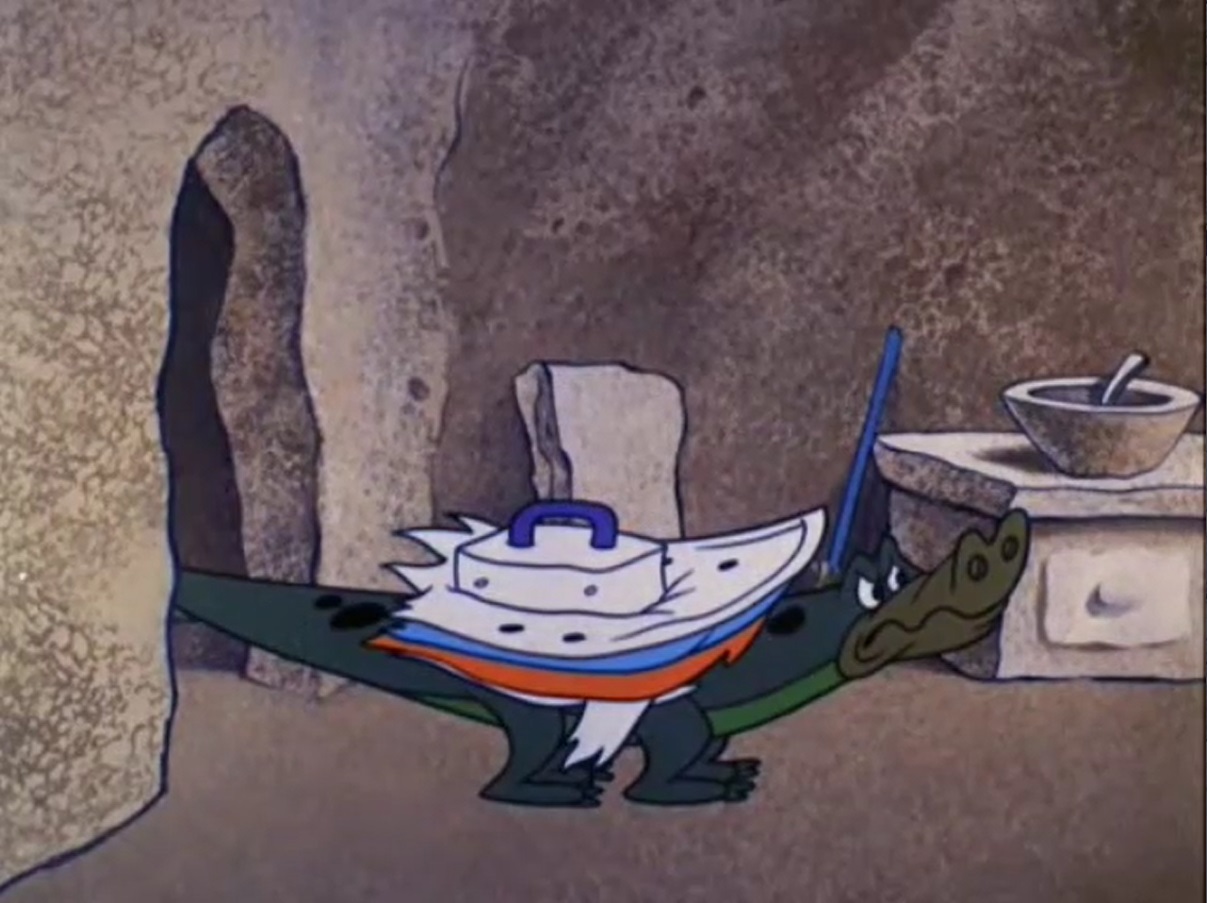 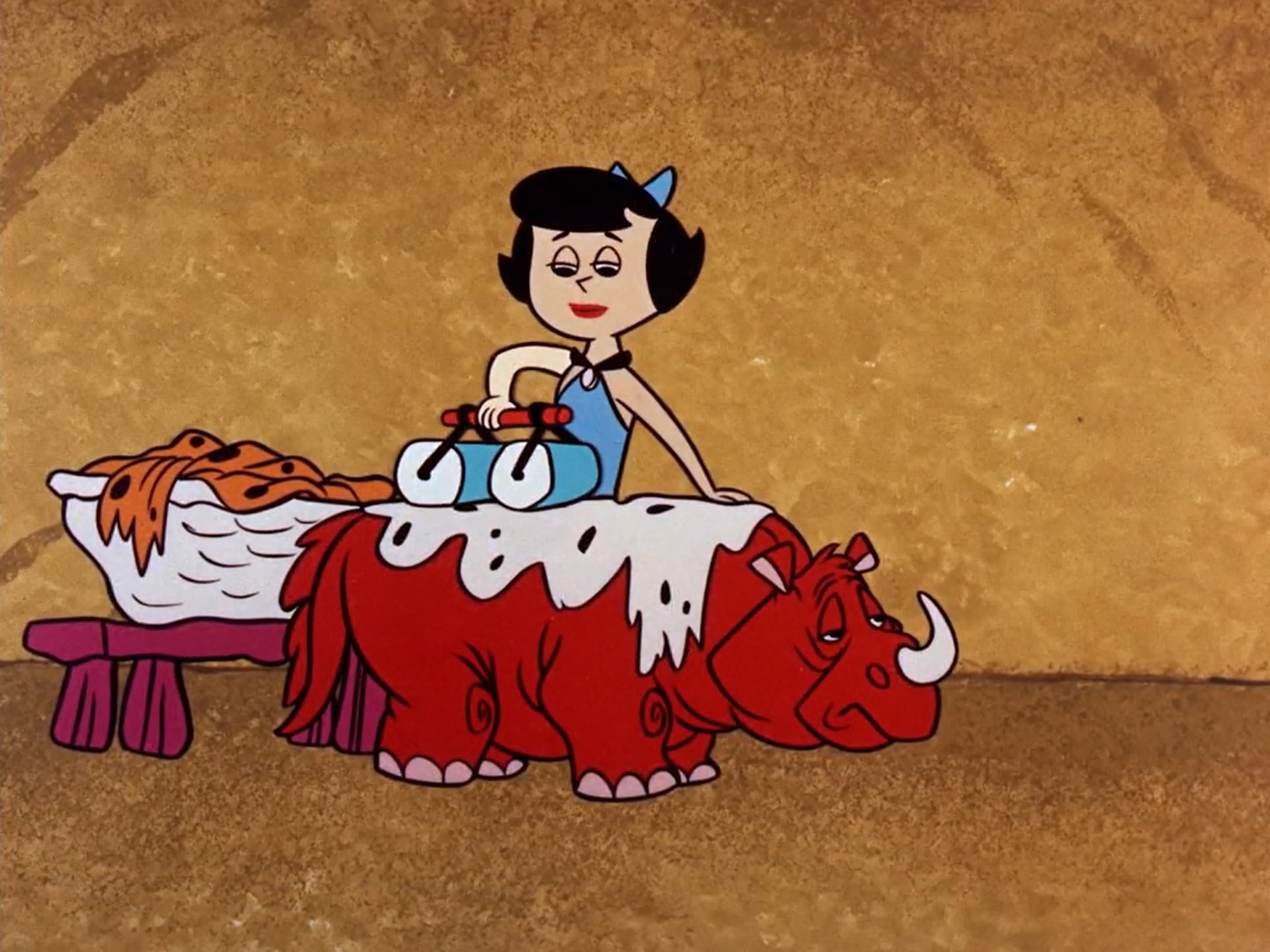 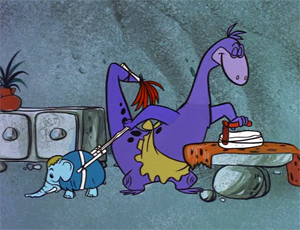 vyelkin posted:they eat dinosaurs in the Flintstones so when they say "it's a living" they mean literally that if they didn't have those jobs they would be killed and eaten quote:Things have now come to such a pass that the individuals must appropriate the existing totality of productive forces, not only to achieve self-activity, but also, merely, to safeguard their very existence.
|
|
|
|
https://twitter.com/propagandopolis/status/1626009722024345601 https://twitter.com/propagandopolis/status/1626010017244610561
|
|
|
|
quote:Politburo colleagues winced when in various meetings with the intelligentsia, intended as an overture to 'civil society', Khrushchev lost his cool, denouncing modern art as 'dog-poo poo', calling sculptor Ernst Neizvestny 'a human being' and getting into a shouting match with Evtushenko. did an irl lol when I came across this in a book and imagined his team sending old Nikita out to gladhand civil society and instead he starts railing about how modern art is dogshit and all his conversation partners suck rear end
|
|
|
|
https://twitter.com/nmeyersohn/status/1626947043972227074
|
|
|
|
https://twitter.com/CurtisSChin/status/1627348828461596672
|
|
|
|
That was bad and all but that was probably one of the least shameful periods of the USA's history.
|
|
|
|
https://twitter.com/RexChapman/status/1627842599791763457 why its almost as if white supremacy is totally compatible with the american origin myth
|
|
|
|
Hitler the construction worker.
|
|
|
|
https://twitter.com/BeschlossDC/status/1628486696693116929
|
|
|
|
https://twitter.com/raynefq/status/1627710854689878016?t=cRJaN-sdwZhN3uPo6WTmaQ&s=19
|
|
|
|
I've been reading Niklas Zetterling's "Bismarck", and as background into German naval doctrine and how the battleship fit into that plan, it talks about the Kriegsmarine's earlier attempts at "cruiser warfare" with their smaller/earlier "pocket battleships" and it covers the exploits of the HMS Rawalpindi, as well as the HMS Jervis Bay, as they tried to protect their merchant convoys like loyal sheepdogs quote:At dawn on 23 November, the weather was clear and visibility excellent. Nothing was seen along the horizon until late in the afternoon, when a merchant ship could be discerned at a position half-way between Iceland and the Faeroe islands. It was the British auxiliary cruiser Rawalpindi, an armed merchant ship that was patrolling the area. She had been sent out to assist in the search for the pocket battleship Deutschland, which was expected to head towards her home bases.5 ... quote:The first German warship to reach the Atlantic Ocean in 1940 was the pocket battleship Admiral Scheer. She had been at Wilhelmshaven when the war broke out, as she needed a major overhaul. Her antiaircraft artillery shot down a Wellington bomber while she was at the yard, but otherwise she took no part in combat during the first year of the war. When she was at last fully refitted, her crew needed training to attain combat readiness. She was sent to the Baltic for a month of intensive exercise, before finally being declared ready for operations. On 23 October, 1940 she weighed anchor at Gdynia and steered west on the Baltic. After passing Denmark, she sailed north. Undetected she continued towards the Atlantic and a week after departing from Gdynia, she passed through the Denmark Strait between Greenland and Iceland. The first phase, regarded as the most difficult part of the operation by the Germans, had been successfully completed. The Admiral Scheer could begin searching for prey.19 I can't help but think, drat, the brass balls on these guys - sailing into certain death to carry out the mission
|
|
|
|
I watched JFK revisited and was he really as good as Oliver Stone pictures him?
|
|
|
|
Fish of hemp posted:I watched JFK revisited and was he really as good as Oliver Stone pictures him? Not really, he was a committed anti communist and still the sort of person who rises to the top of the shitheap that is American politics. He was just against a lot of even worse things that the US security state wanted to do, e.g. full scale invasion of Cuba, further escalation in Vietnam, etc.
|
|
|
|
https://twitter.com/ScottGreenfield/status/1629952593345617920
|
|
|
|
Is it because "it's capitalism"?
|
|
|
|
HootTheOwl posted:Is it because "it's capitalism"? hatred for the poor and america being the land of violent psychos. unfortunately they dont really address pre-1830s policing by the US and UK which would have strengthened the argument a lot
|
|
|
|
I can’t be bothered reading that substack, but the “problem” with the police is that they are the coercive arm of the state; an internally directed expression of the state’s monopoly on organised violence that exists to reinforce the state’s acceptable norms. The ideological point that capital and private property are more important than workers’ lives, or that white lives are worth more than black lives, informs police power but isn’t the genesis of that power, if that makes sense.
|
|
|
|
Cops enforce property relations, and when American policing was coming into being, "property" included a lot of Black people. Racism might not have been the prime mover behind the creation of the police but it's baked in there real deep.
|
|
|
|
Eldoop posted:Cops enforce property relations, and when American policing was coming into being, "property" included a lot of Black people. Racism might not have been the prime mover behind the creation of the police but it's baked in there real deep. Oh yeah for sure. In the post-colonial west, a legacy of repressing “unruly natives” also informs a lot of how current policing works.
|
|
|
|
continuing my reading of "Bismarck", I'm starting to notice that fuel is always a concern for these people. Like, entire chapters and all they ever talk about is Admiral Lutjens deciding where and how he's going to refuel. He's just refueled and he's already thinking about when to refuel again it shifts to the British perspective and that's almost all they ever talk about, too - the Repulse is going to join the King George V but the concern is that the Repulse is a much older ship - if they ask her to keep pace with the KGV's standard speed it's going to burn her fuel that much faster, but if they slow down for maximum endurance for the Repulse, it's going to make it that much harder to catch up to the Bismarck and then I think about reading "First Team" earlier in the year, about USN operations in the first six months of WWII in the Pacific, and it's all about fuel there, too, upon reflection. Like, occasionally they'll think about "can I dash into the target island under cover of night to carry out my ops then get out before dawn (and land-based air starts hunting me)?", but a lot of it also comes down to "if I actually do dash to try and relieve Wake Island before they surrender, will I have enough fuel?" or like, the Battle of Coral Sea, and the IJN sinks the oiler Neosho, and this is often regarded as a huge mistake by the Japanese since they wasted their strike wave on not-a-carrier, but what actually also happens is that the inability to refuel without having to sail all the way back to Noumea shapes a LOT of post-battle USN behavior you get a sense of why Alfred Thayer Mahan's principle of requiring colliers dotted all throughout the globe was pretty much on-target, with just slight alterations for oil and underway-replenishment
|
|
|
|
Almost as if professionals study logistics.
|
|
|
|
What was the most destructive colonial war post WW2?
|
|
|
|
Fish of hemp posted:What was the most destructive colonial war post WW2? suharto had dutch assistance iirc it was probably the indochina wars though, including what the US did to laos and cambodia
|
|
|
|
Fish of hemp posted:What was the most destructive colonial war post WW2? Possibly the Congo Wars though there a few contenders up there. Also depends on how you're defining destructive, in the Korean War something like 95% of all the buildings were destroyed in the North.
|
|
|
|
I was interpreting colonial war as in a colonial power asserting or reasserting control over a colony
|
|
|
|
Then Indochina is probably the best example, although it ceased to be an explicitly colonial war when the French gave up.
|
|
|
|

|
| # ? May 23, 2024 08:38 |
|
South Korea was totally a colony of the USA.
|
|
|












